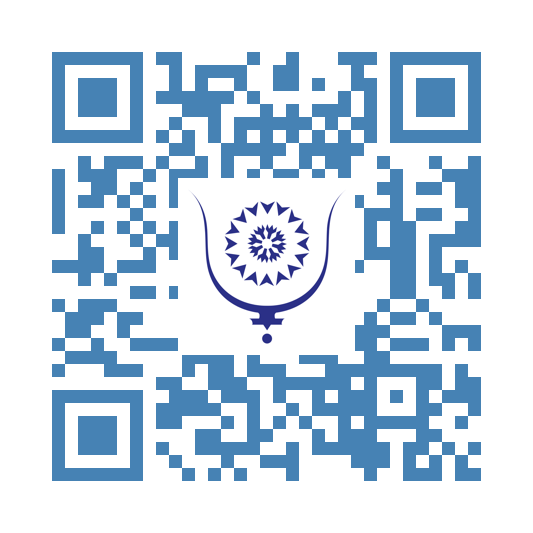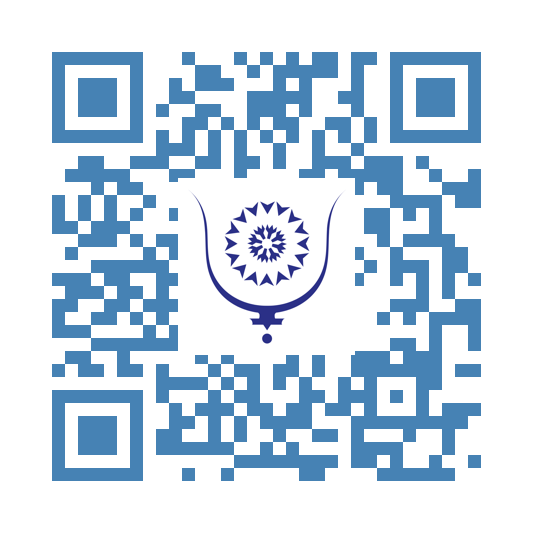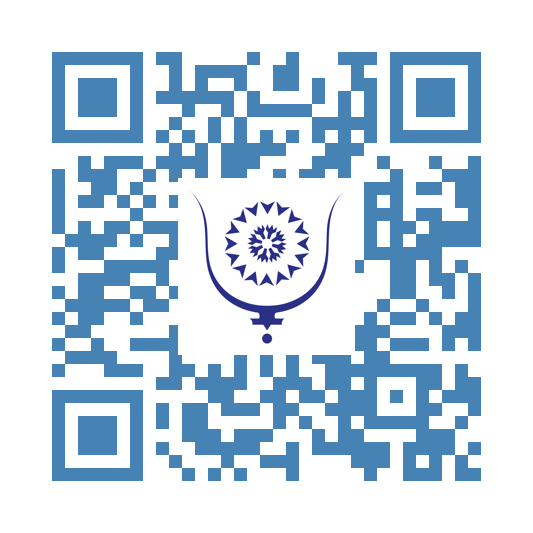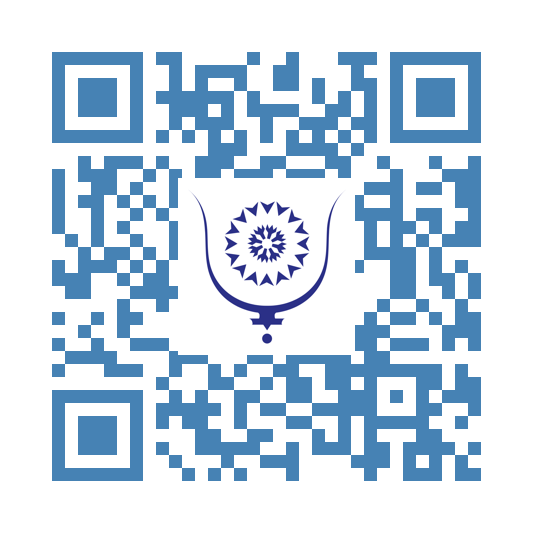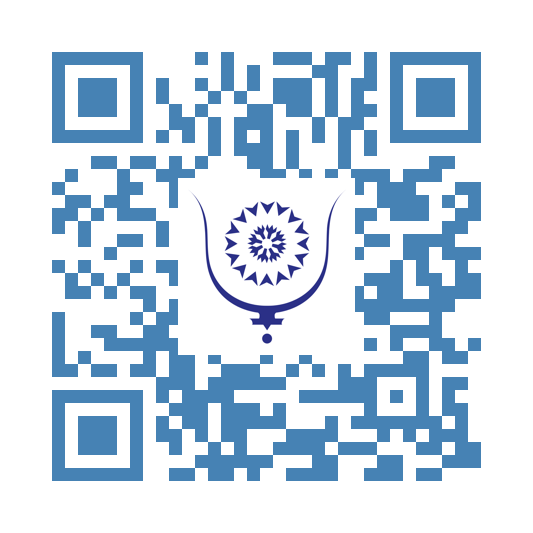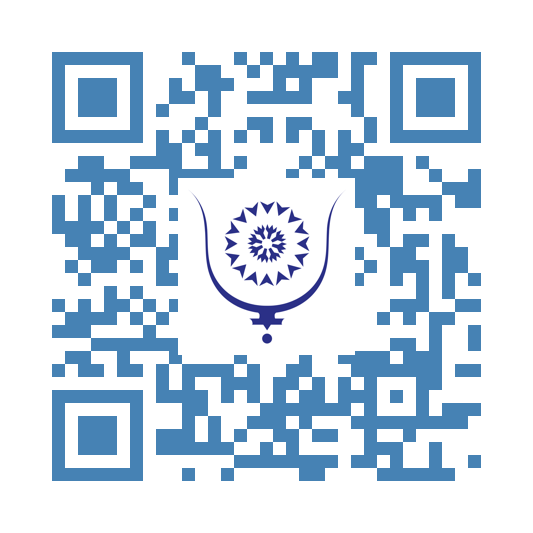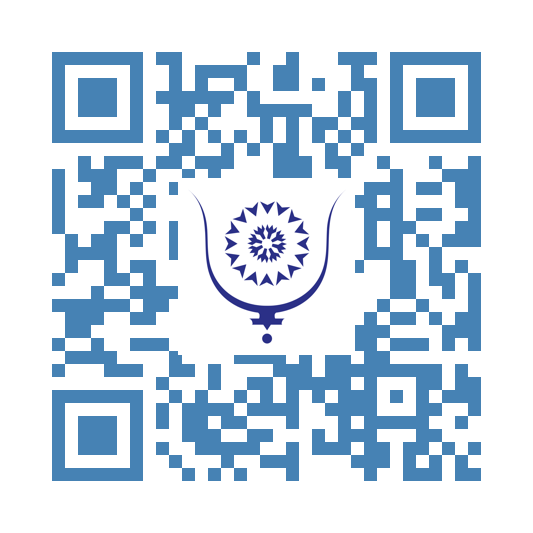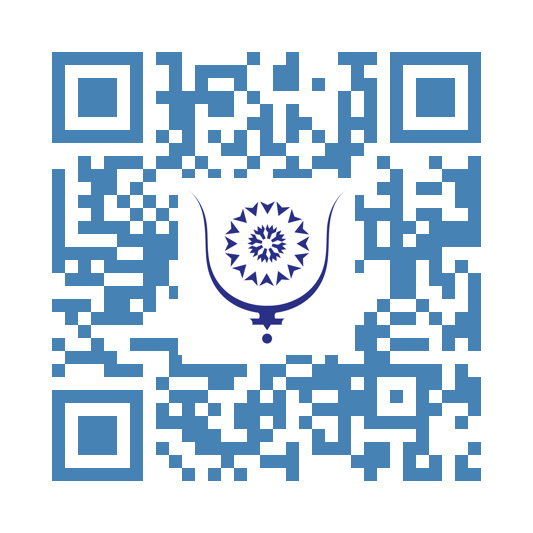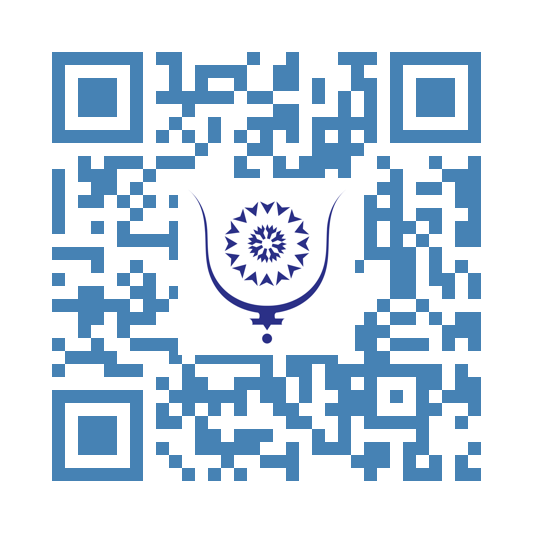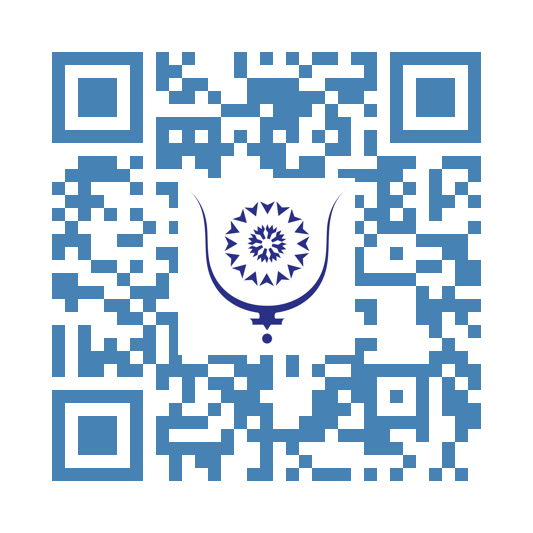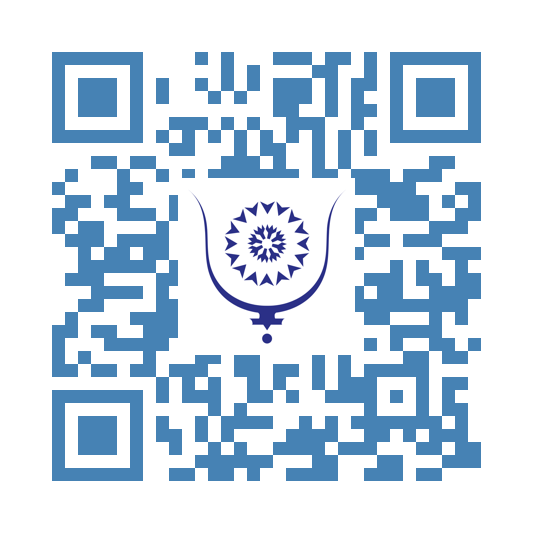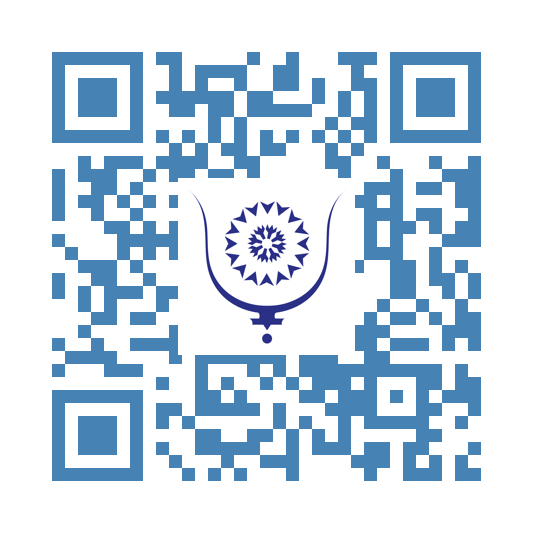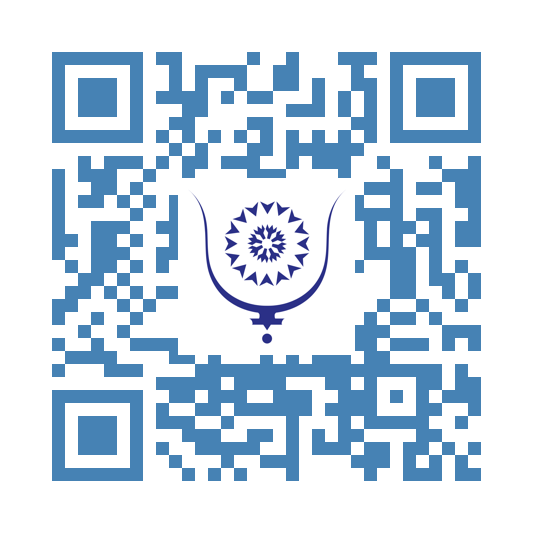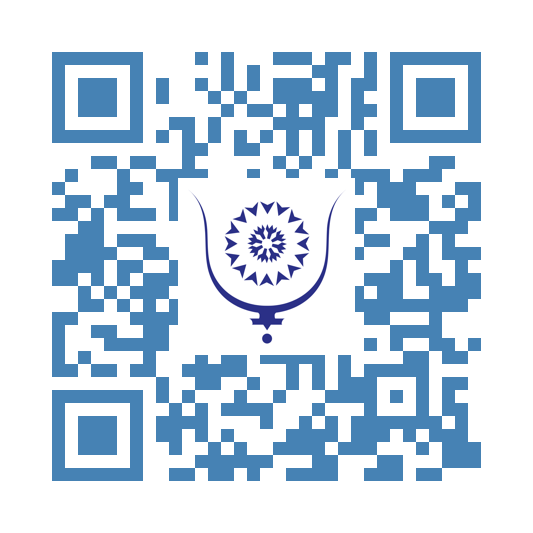La Pédagogie Sociale à travers le Prisme du Sport : Une Approche Salutaire pour l'Éducation de la Jeunesse au Maroc" 2504
La pédagogie du sport est un point de départ essentiel pour tous ceux qui s'intéressent au sport, à l'éducation et aux jeunes, et pour quiconque souhaite inspirer les enfants et les jeunes à s'engager dans le sport et à l'apprécier toute leur vie.
Dans la pédagogie du sport, on aborde l'apprentissage par la pratique. Elle se réfère à la fois aux modes d'apprentissage des enfants et des jeunes et aux connaissances et compétences pédagogiques dont les enseignants et les entraîneurs ont besoin pour les aider à apprendre efficacement. On peut considérer la pédagogie du sport comme l'analyse de la rencontre entre le sport et l'éducation.
L'étude de la pédagogie du sport nécessite la prise en compte de trois dimensions complexes qui interagissent pour former chaque rencontre pédagogique.
La connaissance dans le contexte - ce qui est considéré comme une connaissance essentielle ou précieuse à enseigner, à entraîner ou à apprendre dépend de facteurs contextuels historiques, sociaux et politiques qui définissent la pratique ;
1-Les apprenants et l'apprentissage:
au cœur de la pédagogie du sport se trouve l'expertise dans les théories complexes de l'apprentissage, et une compréhension profonde de la diversité et de ses nombreux impacts sur les façons dont les jeunes apprenants peuvent apprendre ;
2-Les enseignants/enseignement et les entraîneurs/entraînement:
- les enseignants et les entraîneurs efficaces sont des apprenants tout au long de la vie qui peuvent exploiter le pouvoir du sport pour des enfants et des jeunes diversifiés.
3-Connaître et comprendre le concept tridimensionnel de la pédagogie du sport est la première étape pour s'assurer que les droits d'un grand nombre d'enfants et de jeunes à des expériences d'apprentissage efficaces dans et par le sport ne sont pas bafoués.
Le régime de pratique décrit ci-dessus et les exemples présentés dans le cadre de cette partie, en particulier en ce qui concerne le sport, concernent une série de questions qui s'entrecroisent au point de vue du "sport en tant qu'activité sociale", et moyen de répondre aux problèmes sociaux".
Dans cette section, nous ferons quelques remarques sur la pédagogie sportive sociale, l'inclusion des jeunes - en relation avec la rationalité gouvernementale - et le sport comme moyen de répondre aux problèmes sociaux.
La pédagogie du sport se distingue comme un champ particulier de pratique (et de recherche) en matière d'aide sociale.
Les interventions de la pédagogie du sport peuvent porter sur les mesures préventives qui ciblent les jeunes déviants ou délinquants, les jeunes marginalisés et socialement exclus, ou les jeunes qui commettent des actes violents et criminels, créant ainsi des problèmes sociaux.
Ces interventions visent à promouvoir le changement social par l'apprentissage et la socialisation de compétences personnelles et sociales nécessaires à l'inclusion.
Par conséquent, la pédagogie sportive sociale peut être considérée comme une forme de travail social visant à favoriser l'intégration et la cohésion sociale en fournissant aux individus déviants ou exclus des services d'éducation et de formation, et en les aidant à s'intégrer dans la société.
>Les Enjeux de la Jeunesse et les Défis de l'Inclusion : Une Exploration Académique:
Le comportement des jeunes est évidemment la cible des interventions sociales et pédagogiques. On note trois types de caractéristiques problématiques attribuées aux, représentations des jeunes :
1-Les jeunes sont perçus comme violents et destructeurs, ils sont considérés comme manquant de confiance en eux.et ils sont supposés ne pas avoir les ressources et les compétences nécessaires pour participer de manière substantielle à la société.
2- De diverses manières et par le biais de différenciations, les jeunes qui ont un comportement normal sont distingués des jeunes qui sont déviants et qui posent des problèmes, àl'école, dans d'autres institutions et dans les activités de loisirs
3-Les caractéristiques attribuées aux jeunes à problèmes sont souvent territorialisées en zones d'exclusion ou de risque, impliquant des gangs ou d'autres réseaux sociaux informels et délinquants. Cela peut être considéré en relation avec la façon dont la vie urbaine est, et a été, ségréguée en fonction de critères sociaux, économiques et culturels. Ces types deségrégations placent les jeunes dans des situations d'exposition et de vulnérabilité en ce qui concerne les inégalités sociales, notamment en termes d'éducation et de pratique de sport
Par conséquent, les interventions socio-pédagogiques peuvent cibler la communauté locale avec l'ambition de promouvoir l'inclusion où les citoyens sont considérés comme des participants actifs dans la communauté et responsables de la résolution des problèmes.
Les jeunes peuvent s'adapter aux ségrégations structurelles et développent des stratégies et des activités pour faire face aux conditions auxquelles ils sont soumis.
《Au Maroc PARMI LES 5,9 MILLIONS DE JEUNES ÂGÉS DE 15 À 24 ANS.
23,9% SEULEMENT Participent à la vie active!!! "Source le Haut -Commissariat au Plan (HCP)) 12/08/2022"》
Une caractéristique importante des problèmes associés aux jeunes est leur temps libre incontrôlé.
En raison du manque de sagesse naturel chez les jeunes, on pense que leur liberté et leur temps libre ont besoin d'être réglementés.En conséquence, la prévention doit être considérée comme un moyen d'améliorer la qualité de vie des jeunes.
Les activités sportives sont utilisées pour promouvoir les bons comportements et éliminer les mauvaises conduites ou les modes de vie passifs, afin de prévenir les problèmes sociaux.
Les interventions qui imposent un contrôle et ciblent la mauvaise conduite des jeunes ont varié, allant de la restriction de la liberté des jeunes par le biais des maisons de détention et des institutions pénitentiaires, à l'octroi de la liberté par le biais de programmes pédagogiques basés sur la participation volontaire. Qui promeuvent un certain type de conduite et façonnent une subjectivité souhaitable.
Il convient de mentionner, en ce qui concerne les interventions socio-pédagogiques, que les associations bénévoles « association de quartier » peuvent jouer un rôle dans l'éducation des jeunes.





